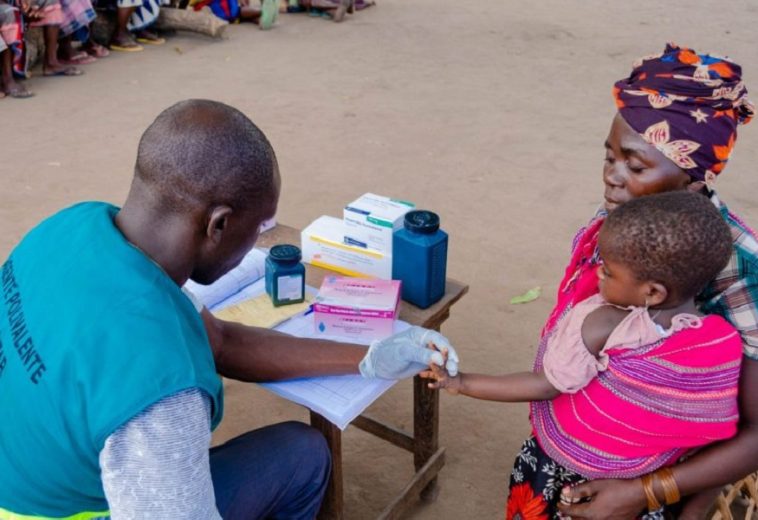The World Health Organization (WHO) has declared Egypt malaria-free, marking a significant milestone following nearly a century of dedicated efforts. With a population of over 100 million, Egypt has successfully eliminated a disease that plagued its people for millennia, representing a remarkable victory for global health initiatives.
Dr Tedros Adhanom Ghebreyesus, Director-General of WHO, praised Egypt’s achievement as “historic” and a testament to the country’s relentless determination. He commended the commitment of both the Egyptian government and its people, highlighting the importance of this milestone for other nations in the region. Egypt now joins 44 countries worldwide and becomes the third nation in the WHO Eastern Mediterranean Region, after the UAE and Morocco, to be certified malaria-free.
A Historical Journey
Malaria has been entrenched in Egypt’s history, with evidence of the disease dating back to 4000 BCE. Even the ancient pharaohs, including Tutankhamun, were affected by it. Egypt began formal efforts to control malaria in the 1920s by regulating agricultural practices, such as prohibiting the cultivation of rice near homes to reduce mosquito breeding. By the early 1930s, malaria was classified as a notifiable disease, and Egypt established its first malaria control station.
However, the outbreak of World War II disrupted the nation’s progress, leading to a significant resurgence of malaria in the 1940s, with over 3 million cases reported. The Egyptian government responded robustly, recruiting thousands of health workers and setting up treatment centres to regain control over the disease.
Further progress in malaria eradication was made in the late 20th century, particularly after the construction of the Aswan Dam, which created new mosquito breeding grounds. Egypt implemented rigorous vector control strategies and surveillance systems, often in collaboration with neighbouring Sudan.
Sustaining Success
H.E. Dr Khaled Abdel Ghaffar, Egypt’s Deputy Prime Minister, emphasised that although achieving malaria-free status is a moment of pride, maintaining it will require continued vigilance. Egypt’s robust healthcare system, which provides free malaria diagnosis and treatment, plays a crucial role in preventing a resurgence of the disease. Surveillance, early detection, and rapid response mechanisms remain essential to safeguarding this achievement.
The WHO certification process is stringent, requiring a country to demonstrate three consecutive years of zero indigenous malaria cases and the ability to prevent future transmission. Egypt’s comprehensive health strategies, cross-border cooperation, and significant investments in public health infrastructure were instrumental in securing this certification.
As Egypt celebrates this historic accomplishment, it also serves as an example for other countries in the region and globally. WHO’s goal is to eliminate malaria in 35 countries by 2030, and Egypt’s success strengthens the case for continued international collaboration and investment in the fight against malaria.
Global Context
Egypt’s certification comes at a time when many other nations continue to struggle with malaria. In 2020, WHO reported approximately 241 million malaria cases worldwide, with Africa bearing the majority of the burden. While countries like Sudan and Nigeria remain endemic, Egypt’s achievement demonstrates that malaria elimination is possible, even in regions with high transmission potential. WHO’s Global Technical Strategy for Malaria 2016-2030 continues to inspire new solutions for malaria-prone nations.
This accomplishment not only reflects Egypt’s health achievements but also serves as a beacon of hope for malaria-stricken regions worldwide, reminding us that with perseverance and dedication, the eradication of malaria is achievable.




